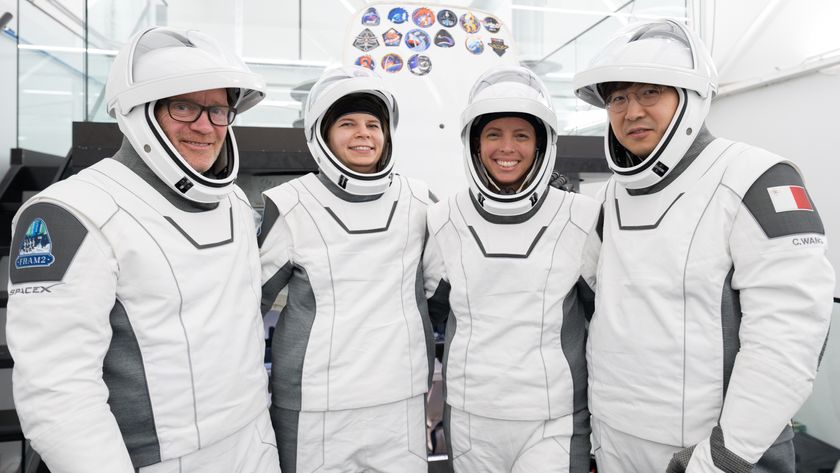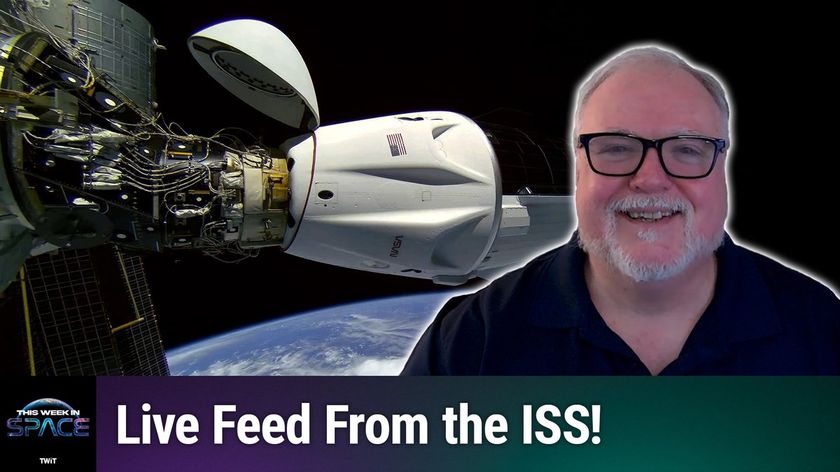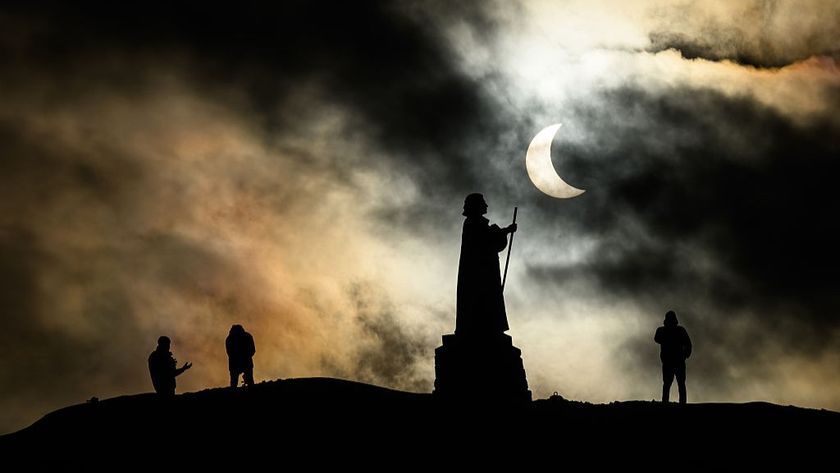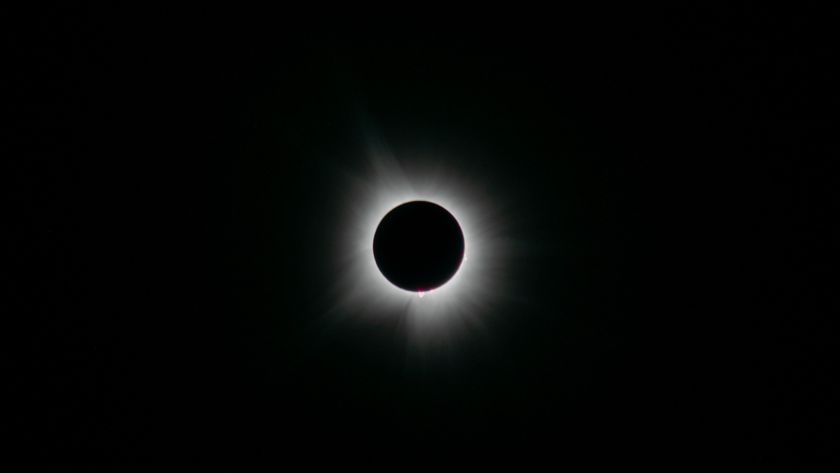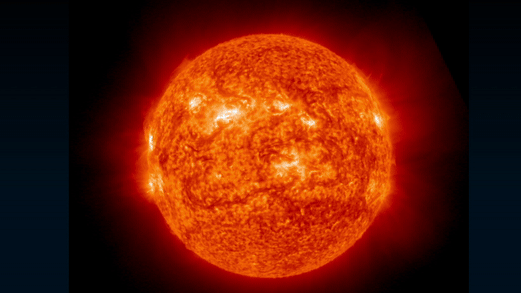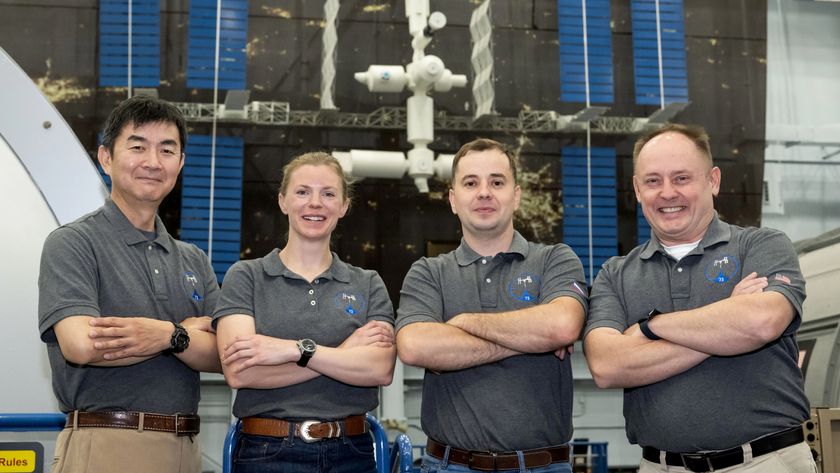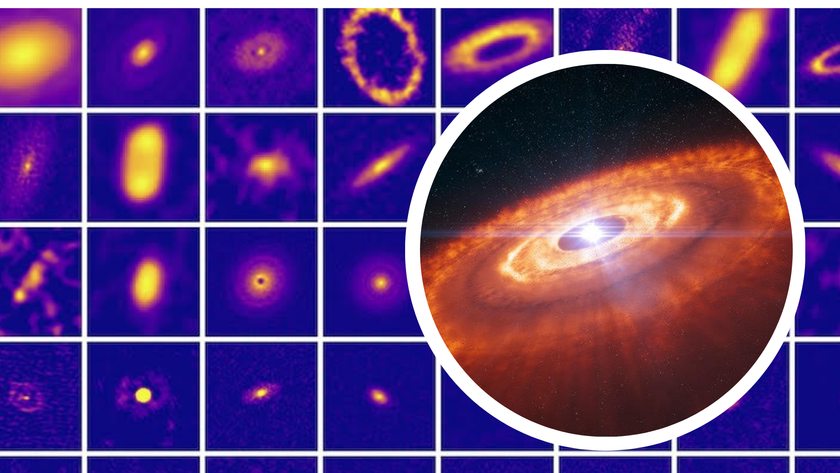Lightning Prompts 24-Hour Launch Delay for Asteroid Probe
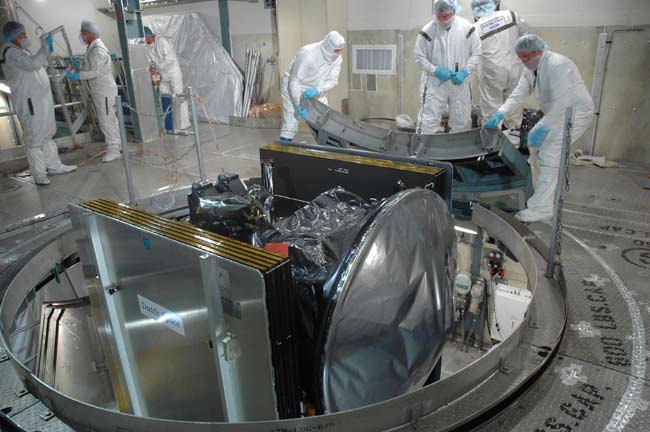
NASA's Dawnprobe will spend at least one more day on Earth before launching toward twolarge asteroids after a lightning threat prevented fueling of its Delta 2rocket on Sunday.
Lightningwithin five miles (eight kilometers) of Dawn'sPad 17B launch site at Florida's Cape Canaveral Air Force Station kept padcrews from loading propellant into the second stage of the asteroid probe'sDelta 2 booster, NASA spokesperson George Diller said.
"Thesecond stage is fully fueled now," Diller told SPACE.com, addingthat pad crews caught up on their lost work Monday.
Originallyscheduled to launch early Wednesday, Dawn is now set to lift off Thursday at 7:20a.m. EDT (1120 GMT) on an eight-yearmission to the asteroids Vesta and Ceres.
Themission's liftoff has been delayed since July due to a series of glitchesranging from poor weather and rocket booster glitches to difficulties securinga launch tracking aircraft and ship. Mission managers said in July that thedelays could add $25 million to Dawn's $449 million mission cost.
Powered bya novel ion propulsion system, NASA's Dawn probe is expected to rendezvous withVesta in 2011, and then head off for a February 2015 arrival at Ceres.
Both Vestaand Ceres sit in the belt of space rocks that circle the Sun in the gapbetween the orbits of Mars and Jupiter. While Vesta is bright and dense, Ceres islarge enough to be considered a dwarf planet. Researchers hope that by studyingthe two massive space rocks, they will shed new light on the origin of thesolar system and its planets.
Get the Space.com Newsletter
Breaking space news, the latest updates on rocket launches, skywatching events and more!
- VIDEO: The Asteroid Paradox
- GALLERY: Asteroids
- How NASA's Dawn Spacecraft Will Explore Solar System's Origin
Join our Space Forums to keep talking space on the latest missions, night sky and more! And if you have a news tip, correction or comment, let us know at: community@space.com.

Tariq is the Editor-in-Chief of Space.com and joined the team in 2001, first as an intern and staff writer, and later as an editor. He covers human spaceflight, exploration and space science, as well as skywatching and entertainment. He became Space.com's Managing Editor in 2009 and Editor-in-Chief in 2019. Before joining Space.com, Tariq was a staff reporter for The Los Angeles Times covering education and city beats in La Habra, Fullerton and Huntington Beach. In October 2022, Tariq received the Harry Kolcum Award for excellence in space reporting from the National Space Club Florida Committee. He is also an Eagle Scout (yes, he has the Space Exploration merit badge) and went to Space Camp four times as a kid and a fifth time as an adult. He has journalism degrees from the University of Southern California and New York University. You can find Tariq at Space.com and as the co-host to the This Week In Space podcast with space historian Rod Pyle on the TWiT network. To see his latest project, you can follow Tariq on Twitter @tariqjmalik.

